
Rebecca Winthrop
Director, Center for Universal Education, The Brookings Institute
Protests continue in India, weeks after the horrific gang-rape of a 23-year old university student on December 16th and her subsequent death two weeks later – and rightly so, the incident itself was beyond the pale. A young couple in Delhi boarded a private bus after seeing a movie and instead of discussing character development and plot turns on the way home, the bus doors locked and they were subject to brutal attacks by the other passengers and driver as the bus drove around the city for over two hours. Witnesses driving by did nothing and the victims were eventually dumped out of the bus under an underpass.
But the awful details of this crime are not the main reason for the protests. Instead it is the deep and pervasive gender inequality in India of which this heinous act is a symbol. Girls and women are attacked every day and Indians across the country, particularly young people, are sick of it. Enough is enough they say. There are real reasons why half of all the girls in India don’t want to be girls, and it’s time to change.
If there is any silver lining to this tragedy, it is that the issue of gender equality is on everyone’s lips. Urvashi Sahni, an alumna of our girl’s education Global Scholars Program, is tracking this issue from India and writes that for one of the first times the debate on gender equality is “engaging voices from all sectors of society including students, civil society, academia, political parties, the police, the judiciary and the government.” Now the question remains: what will India do to improve the status of girls and women?
Much of the public discussion focuses on short and long-term solutions such as reforming the law enforcement systems, updating the legal code, supporting the women’s movement, developing new systems of accountability and, of course, having “greater dialogue about India’s patriarchal norms.” All of these things are important but it is the last that is perhaps the most difficult for policymakers and bureaucrats to tackle. Even if it is the most difficult, upending gender norms is perhaps the most fundamental thing needed for long-term sustainable change. Without transforming, in the deepest sense, how girls and women are valued in India, important interventions around such things as legal reforms and police training will end up in the problematic category of “necessary but not sufficient” for developing gender equality in society.
If done right, education can play an important role in redefining gender norms in India. Around the world, there have been numerous excellent examples of education changing people’s way of viewing the world and leading to new forms of behavior, ways of relating with others and ultimately social norms. Indeed, there have been decades of academic research on this topic, so much so that entire subfields of education theory and practice have developed (see for example Jack Mezirow and the field of transformative learning and Paulo Freire and the field of critical pedagogy).
India itself has good examples of education changing social norms towards gender equality. An interesting case of girls’ education programs run in the province of Uttar Pradesh demonstrates that schooling, if done right, can help change gender norms, even in the most marginalized societies. Founded by Urvashi Sahni, the Study Hall Foundation has demonstrated that at the same or lower cost per student as the government schools, their schools can educate girls in a way that enables them to both excel academically, but more importantly emerge as empowered young women. In one of their schools, Prerna, girls outperform their peers both within the province and across India. Ninety percent of Prerna girls complete their education to year 10, compared to below 30 percent nationally, and they do so while outperforming in virtually all subjects (in math and science the Prerna girls perform about 20 percentage points higher on exams than the national average). But most importantly, these girls are changing the gender norms in their communities. They are beginning to fight back when they or their peers are planned to be married off at too early an age. Through street protests and cajoling discussions, they have convinced their parents to keep them in school instead. They initiate community-wide discussions on violence against women. They apply for higher education scholarships and convince their families to let them go once they receive them (an incredibly 88 percent of the girls go on to higher education).
The success of this program is not because the students come from well-to-do families, they don’t (the average family income of students is $108 and 60 percent of their mothers and 40 percent of their fathers have never been to school). It is also not because teachers have higher qualifications or are better paid than government teachers. Rather, according to Mrs. Sahni, it’s because every day the girls’ talk about their worth, value and the issues they face around gender equality. “Gender equality needs to be taught, like math, science, and any other subject” says Sahni, who describes how in Prerna gender equality classes are regularly taught alongside a government curriculum. Then, she is quick to point out, teachers need to be encouraged and supported to fulfill their role as social change agents.
Now this is an idea that the Indian government would do well to listen to. It very well may be a center piece for transforming India’s “patriarchal norms”.

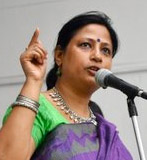
 DONATE
DONATE



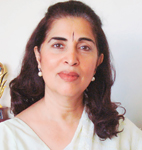
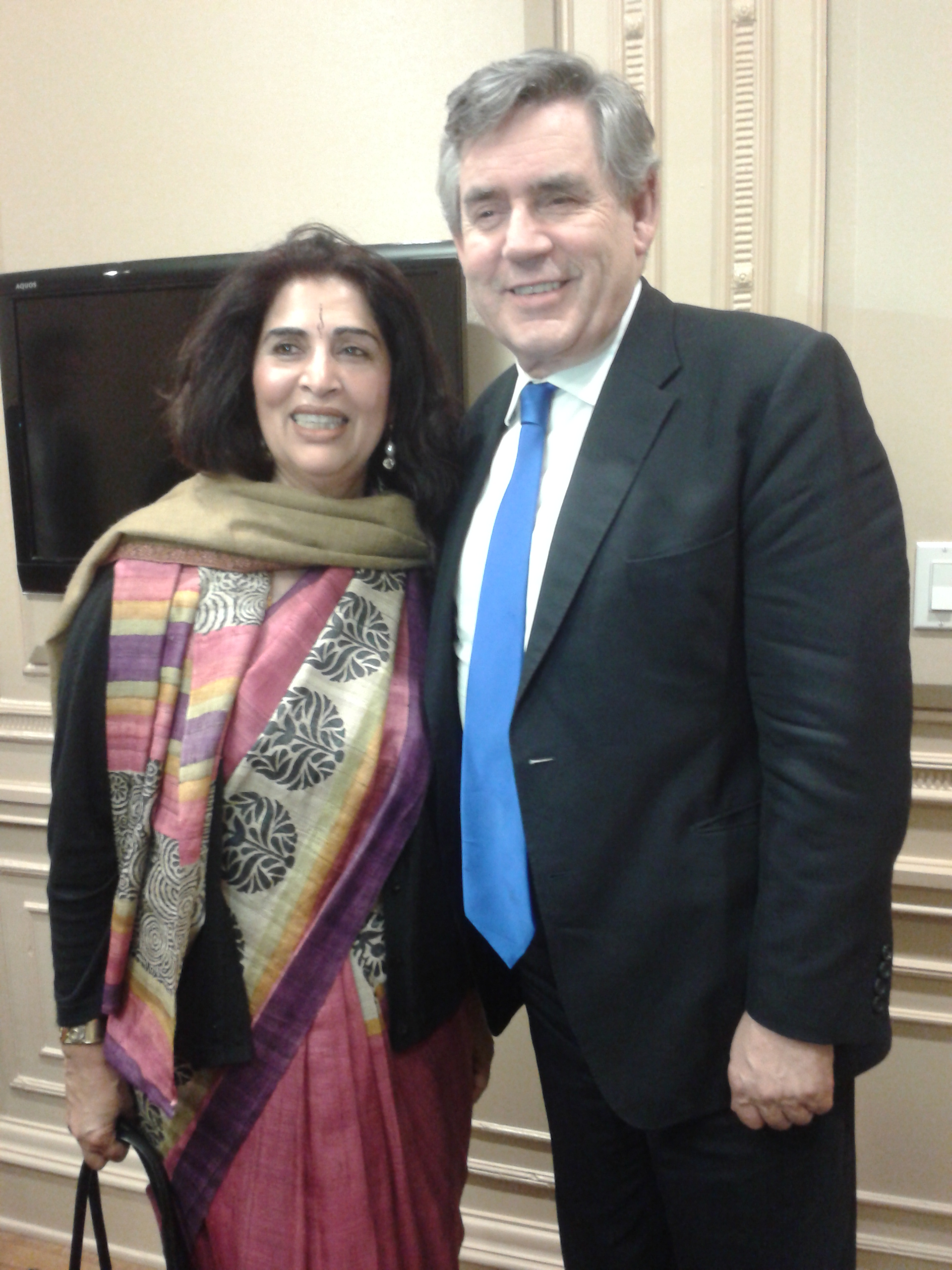
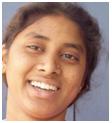



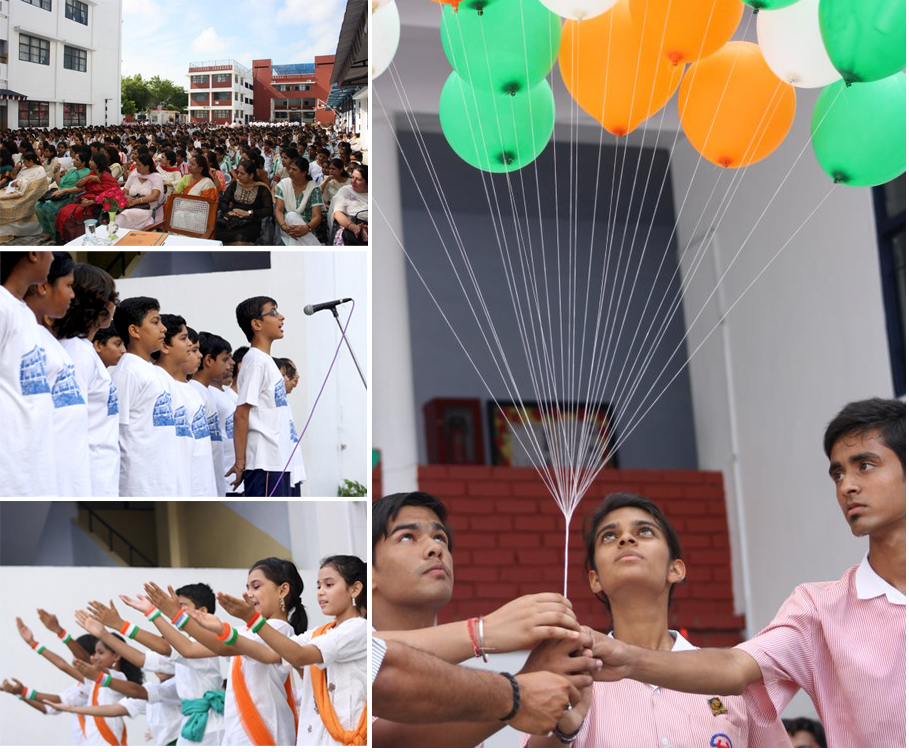

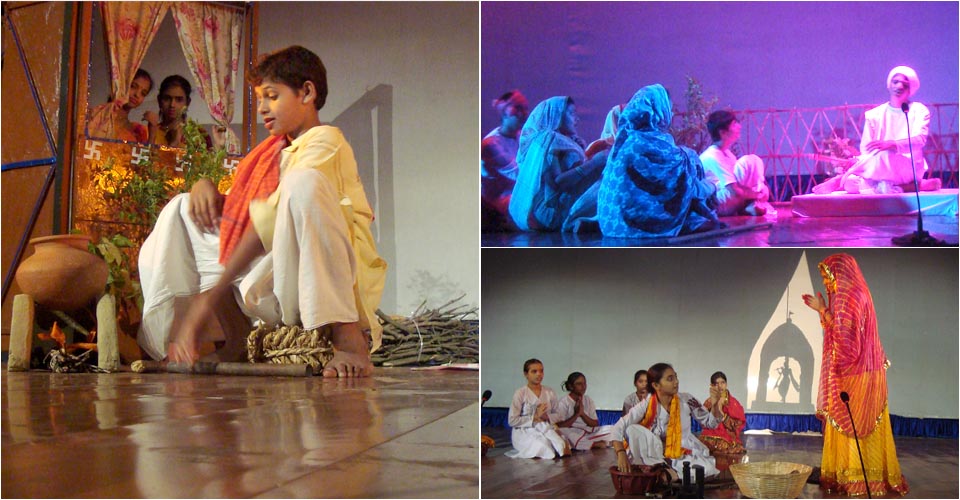

 Volunteer
Volunteer
 Work With Us
Work With Us
